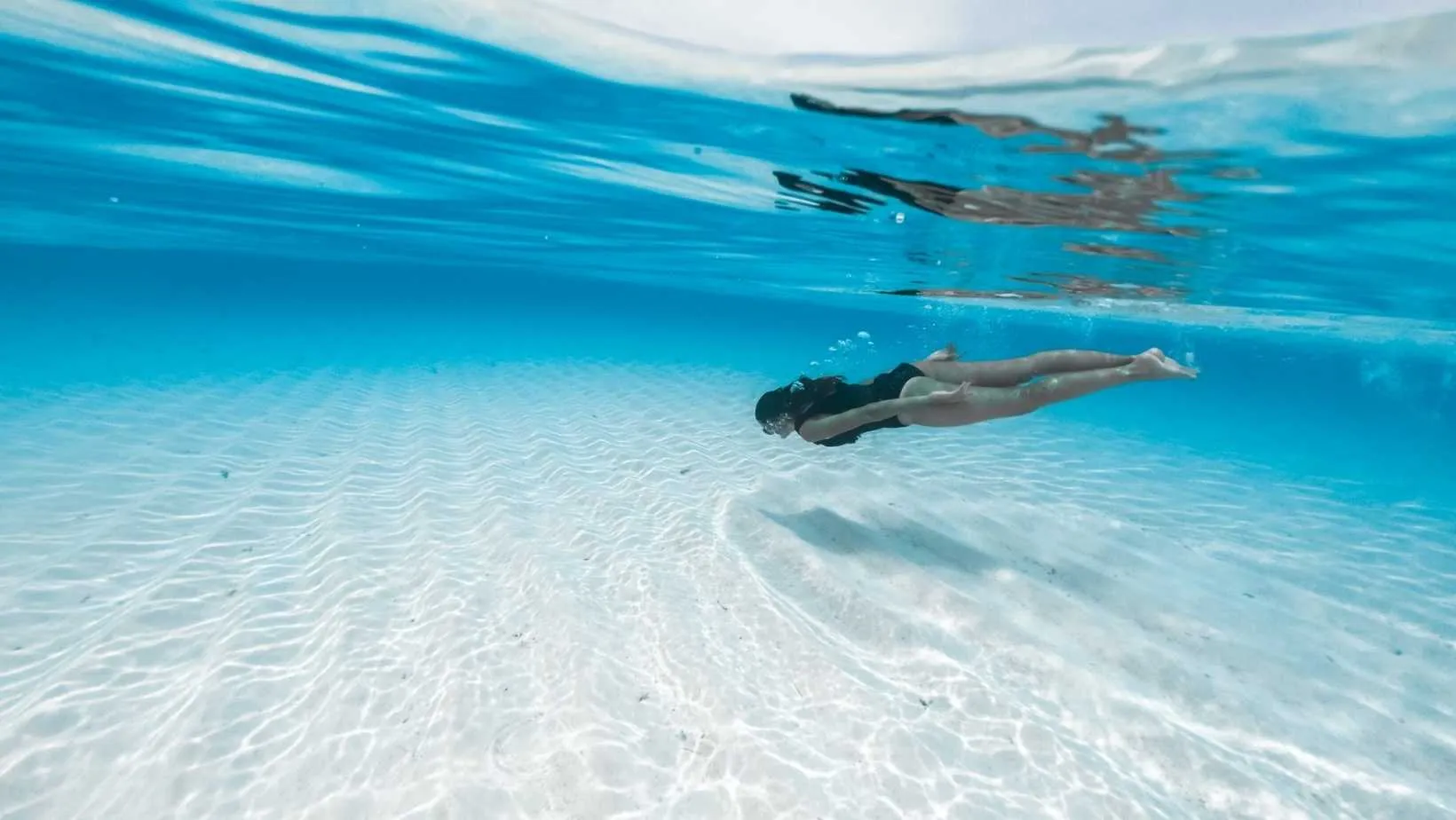Can You Swim In Maldives Water?
Last Updated On November 17, 2022
Last Updated On November 17, 2022
Yes, you can swim in the Maldives' waters. The sea and its inhabitants are the primary reasons most people visit the Maldives. The majority of people recommended snorkeling or diving, but there is no reason why you couldn't just swim. The Maldives' sea is a magnificent blue and incredibly clear.

Photo by Zidhan Ibrahim on Unsplash
The Maldives is well renowned for having one of the best marine life experiences compared to other holiday destinations. It is also home to over 1,200 fish and rare marine life. This makes it an ideal location for swimming, snorkeling, or scuba diving to explore the life beneath the surface.
These gorgeous islands, located in the Indian Ocean right below India and Sri Lanka, will provide a panoramic view of the azure seabed all around you.
Swimming in the Maldives is generally regarded as safe. Most islands have shallow waters, so you may usually walk on the seafloor for around 20 meters. Aside from extreme water expeditions, you can always go for a casual swim in warm water, which will instantly calm your body.
These magnificent islands sit somewhat on and above the equator, so you'll be dipping into warm water with the sun shining. The sea temperature in the Maldives is typically 28 degrees Celsius all year and rarely falls below 25 degrees.
Due to strong tidal currents, there have been instances of drowning deaths during the north-eastern monsoon season (January to March). Following these instances, tourist officials advise all facilities to monitor their guests' safety closely.
Don't let the monsoon keep you from visiting these beautiful islands, but be cautious and follow the guidelines established by the government.
The sea is very dark at night, and the Maldives are famous for their strong currents, which is why diving is so good. However, if you get into trouble, cramp, swim into coral/the reef, get bitten or stung, get caught in a current, etc.